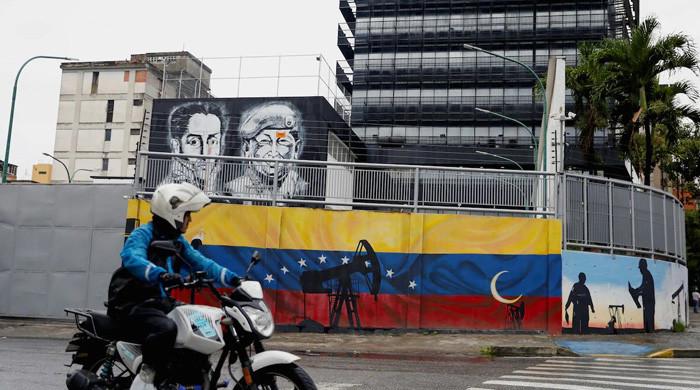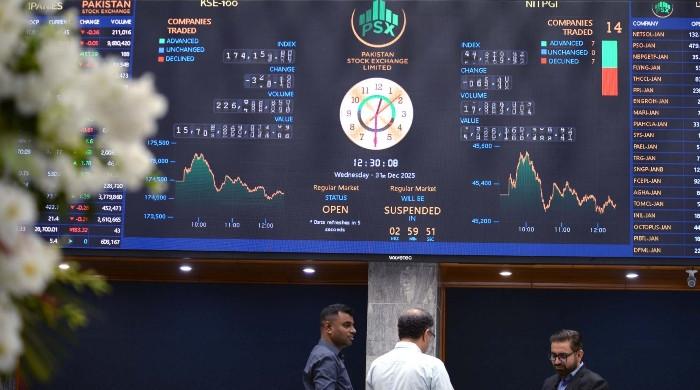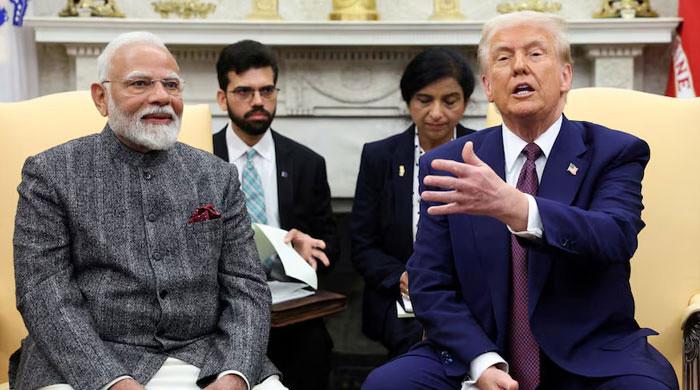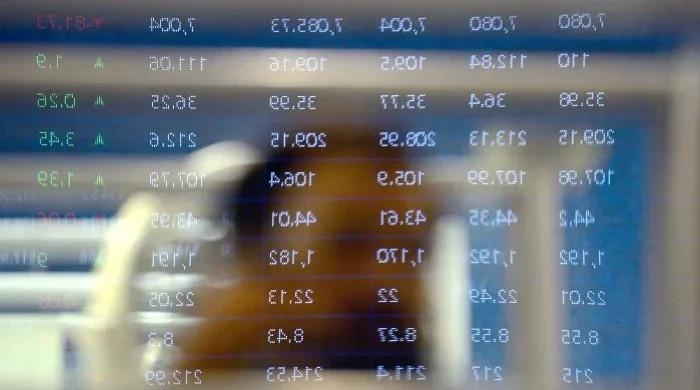Supreme court blocks OxyContin maker Purdue Pharma's bankruptcy deal
Purdue Pharma owners will have to pay $6 billion to settle lawsuits filed by states and hospitals
August 11, 2023

The US Supreme Court agreed on Thursday to hear President Joe Biden's administration's challenge to the legality of OxyContin maker Purdue Pharma's bankruptcy settlement, putting on hold a deal that would shield the company's wealthy Sackler family owners from lawsuits related to their role in the country's opioid epidemic.
The justices halted Purdue and its affiliates' bankruptcy proceedings and said they would hear oral arguments in December in the administration's appeal of a lower court's verdict maintaining the deal. The new term of the Supreme Court begins in October.
Purdue's owners would be granted immunity in exchange for paying up to $6 billion to settle thousands of lawsuits filed by states, hospitals, addicts, and others against the Stamford, Connecticut-based company for misleading marketing of the powerful pain medication OxyContin, reported Reuters.
In a statement, Purdue said it was disappointed that the US Trustee, the Justice Department's bankruptcy watchdog that filed the challenge at the Supreme Court, has been able to "single-handedly delay billions of dollars in value that should be put to use for victim compensation, opioid crisis abatement for communities across the country and overdose rescue medicines."
"We are confident in the legality of our nearly universally supported plan of reorganization, and optimistic that the Supreme Court will agree," the company added.
The Justice Department declined to comment.
At issue is whether US bankruptcy law allows Purdue's restructuring to include legal protections for the members of the Sackler family, who have not filed for personal bankruptcy.
Purdue filed for Chapter 11 bankruptcy in 2019 to handle its debts, nearly all of which originated from thousands of lawsuits alleging that OxyContin contributed to an opioid epidemic that has resulted in more than 500,000 overdose fatalities in the United States over the last two decades.
Purdue predicts that its bankruptcy deal if accepted by a US bankruptcy judge in 2021, will be worth $10 billion to its creditors, who include state and local governments, individual addicts, hospitals, and others who have sued the firm.
The deal was challenged by the Biden administration and eight states, but all of the states dropped their opposition once the Sacklers agreed to contribute more to the settlement fund.
Members of the Sackler family have denied wrongdoing but expressed regret that OxyContin "unexpectedly became part of an opioid crisis." They said in May that the bankruptcy settlement would provide "substantial resources for people and communities in need."
In a court filing, the administration told the Supreme Court that Purdue's settlement is an abuse of bankruptcy protections meant for debtors in "financial distress," not people like the Sacklers. According to the administration, Sackler's family members withdrew $11 billion from Purdue before agreeing to contribute $6 billion to its opioid settlement.
Many other stakeholders have responded in opposition to the administration's request to halt the settlement.









